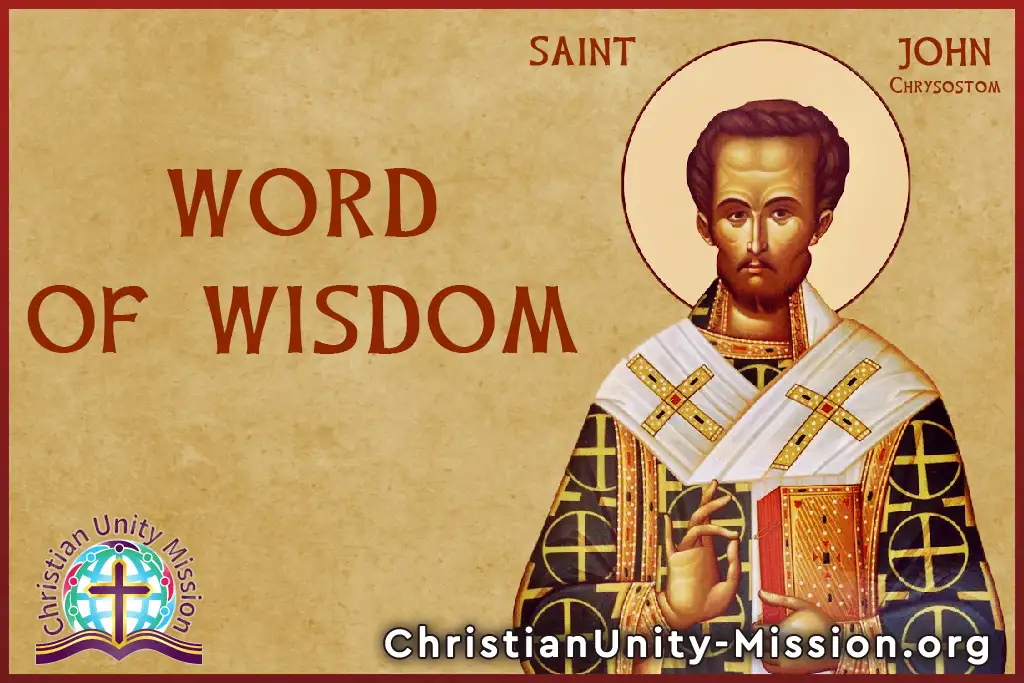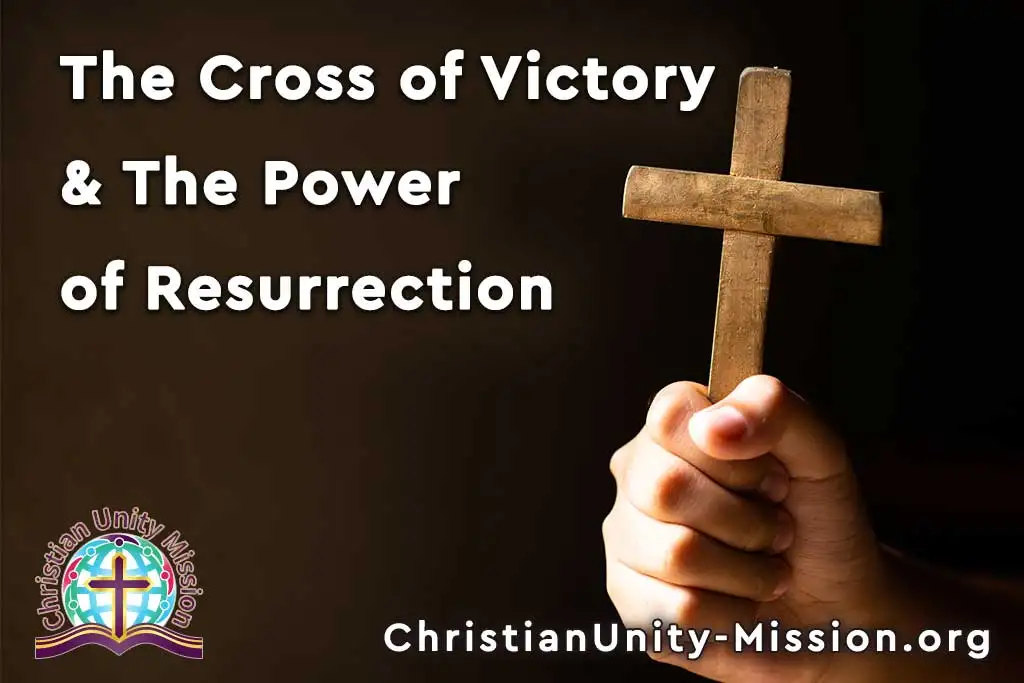
St. JOHN CHRYSOSTOM ON FASTING
For let not the mouth only fast, but also the eye, and ear, and the feet, and the hands, and all the members of our bodies. Let the hands fast, by being pure from rapine and avarice. Let the feet fast, but ceasing from running to the unlawful spectacles. Let the eyes fast, being taught never to fix themselves rudely upon handsome countenances, or to busy themselves with strange beauties. For looking is the food of the eyes, but if this be such as is unlawful or forbidden, it mars the fast; and upsets the whole safety of the soul; but if it be lawful and safe, it adorns fasting.

Did Christ die on the cross for us, to pay our debt to Father God, or to free us from the law of sin and death, and to tear up the requirements of the law on man?
The answer to this question is in the epistle to the Romans,
“For the law of the Spirit of life in Christ Jesus, has made me free from the law of sin and death. For what the law could not do, in that it was weak through the flesh, God did by sending His own Son in the likeness of sinful flesh, on account of sin: He condemned sin in the flesh, that the righteous requirement of the law might be fulfilled in us” (Romans 8:2-3).
So this means that man was weak and defeated from sin, and therefore unable to obey the law, so God the Father has sent His Son Jesus Christ, in this same weak body, and He changed it, and renewed it, in the cross, so this defeated man himself, became victorious over sin, and thus able to obey the law, and live in righteousness.
How did Christ abolish death and defeat the devil on the cross?
Christ is the incarnate Son of God, who said about Himself, “ I am the life”, so when the devil came with his death to Christ on the cross, the confrontation between death and the Life in Jesus took place.
The result was that the life of Christ swallowed death, overcame it, and destroyed it, as light destroys darkness.
Christ Himself, before going to the cross, declared that He would confront Satan on the cross, and cast him into the abyss.
We read in the Gospel of John chapter twelve verse thirty-one,
“Now is the judgment of this world; now the ruler of this world will be cast out.” (John12:31).
Also we read in the epistle to the Hebrews chapter nine, verse twenty-six,
“but now, once at the end of the ages, He has appeared to put away sin by the sacrifice of Himself.” (Hebrews 9:26).
The second question that we must ask ourselves is, does the New Testament say that the death of Christ on the cross for us, was for turning the Father’s wrath away from us, because we are sinners?!
The answer is NO. There is no script in the New Testament that says this, but on the contrary, it says that Jesus faced death on the cross, to cast the devil, the king of death out, and to abolish the power of sin by sacrificing Himself, that is to say, giving Himself and His overcoming power over death to us.
The writer of the epistle of Hebrews, in chapter two, verses fourteen and fifteen, explains to us that through Jesus’ death, He destroyed the devil who had the power of death, and He released us from the fear of death, “Inasmuch then as the children have partaken of flesh and blood, He Himself likewise shared in the same, that through death He might destroy him who had the power of death, that is, the devil, and release those who through fear of death were all their lifetime subject to bondage.” (Hebrews2:14-15).
And also, in chapter nine, verse twenty-six, he continues to say that Jesus came to our world to redeem us and that he went to the cross to confront the devil and to put away the power of sin by the sacrifice of Himself, “He then would have had to suffer often since the foundation of the world; but now, once at the end of the ages, He has appeared to put away sin by the sacrifice of Himself.” (Hebrews9:26).
So the cross was the confrontation between the Son of God and Satan, the king of death, to exterminate him, and his death, and free man from his bondage. And then we have Jesus’ predominance over death, and His power of resurrection in us through the work of the Holy Spirit.
This power and authority is given to all those who believe in Jesus, and submit to His love.
Amen.